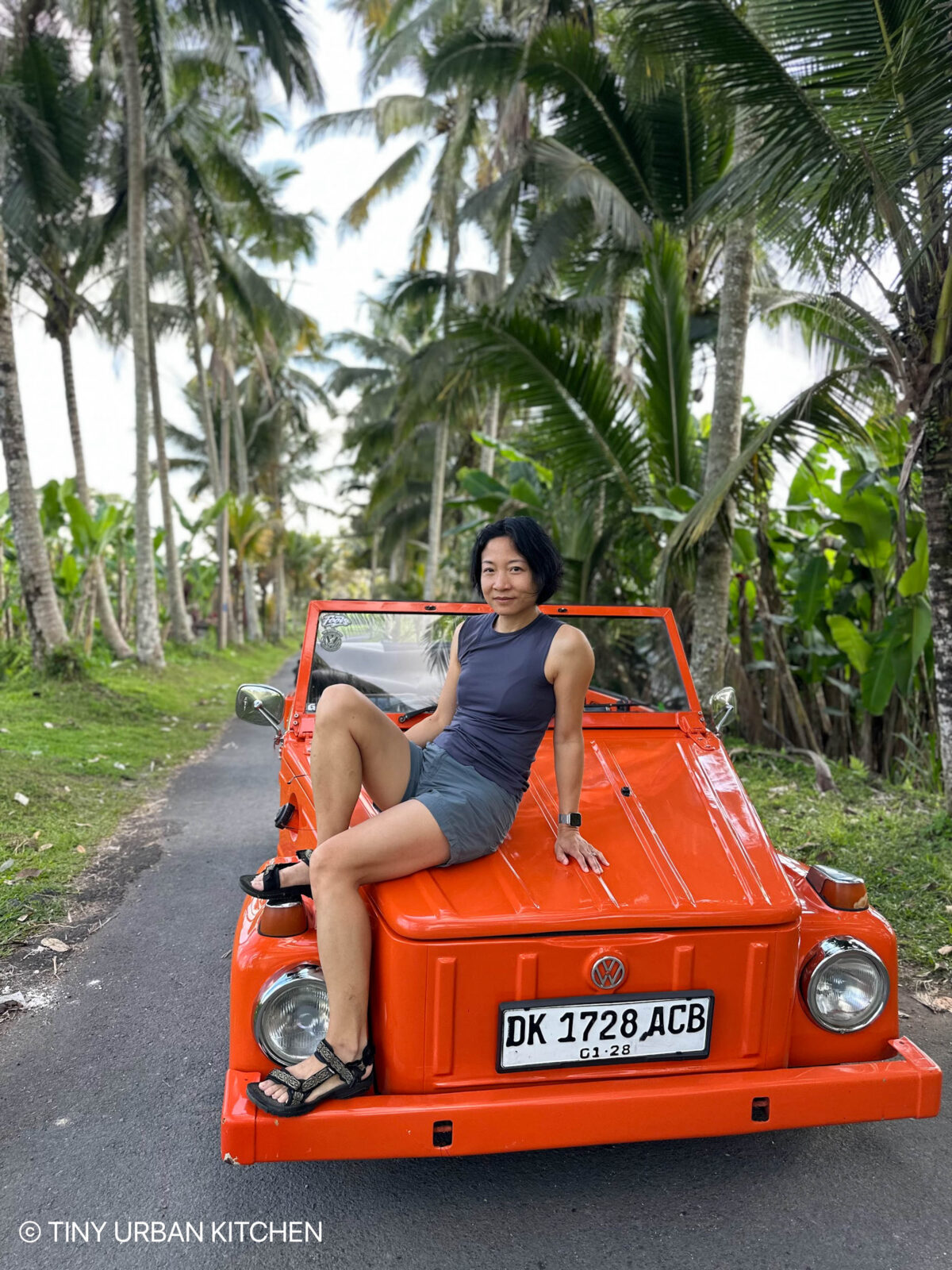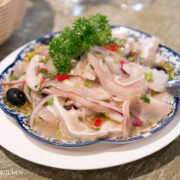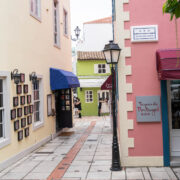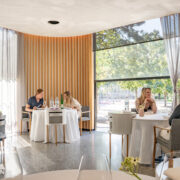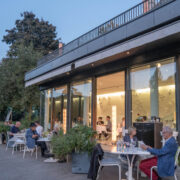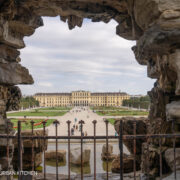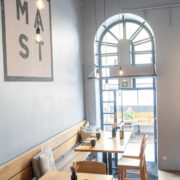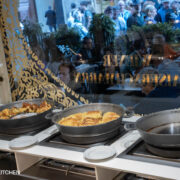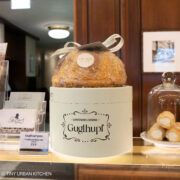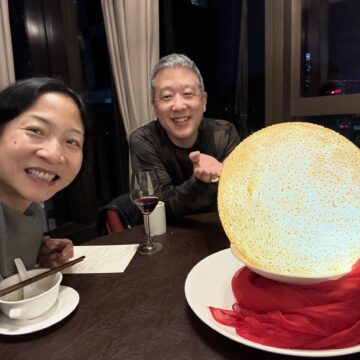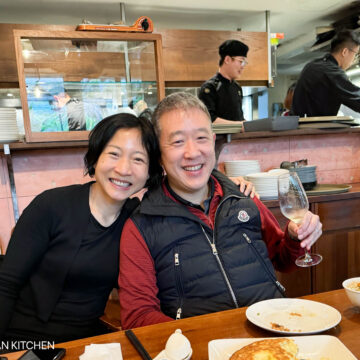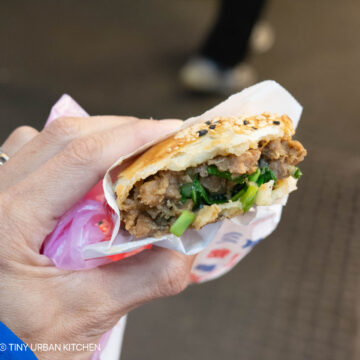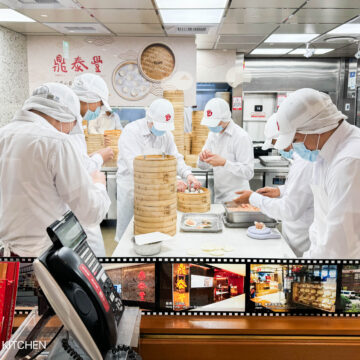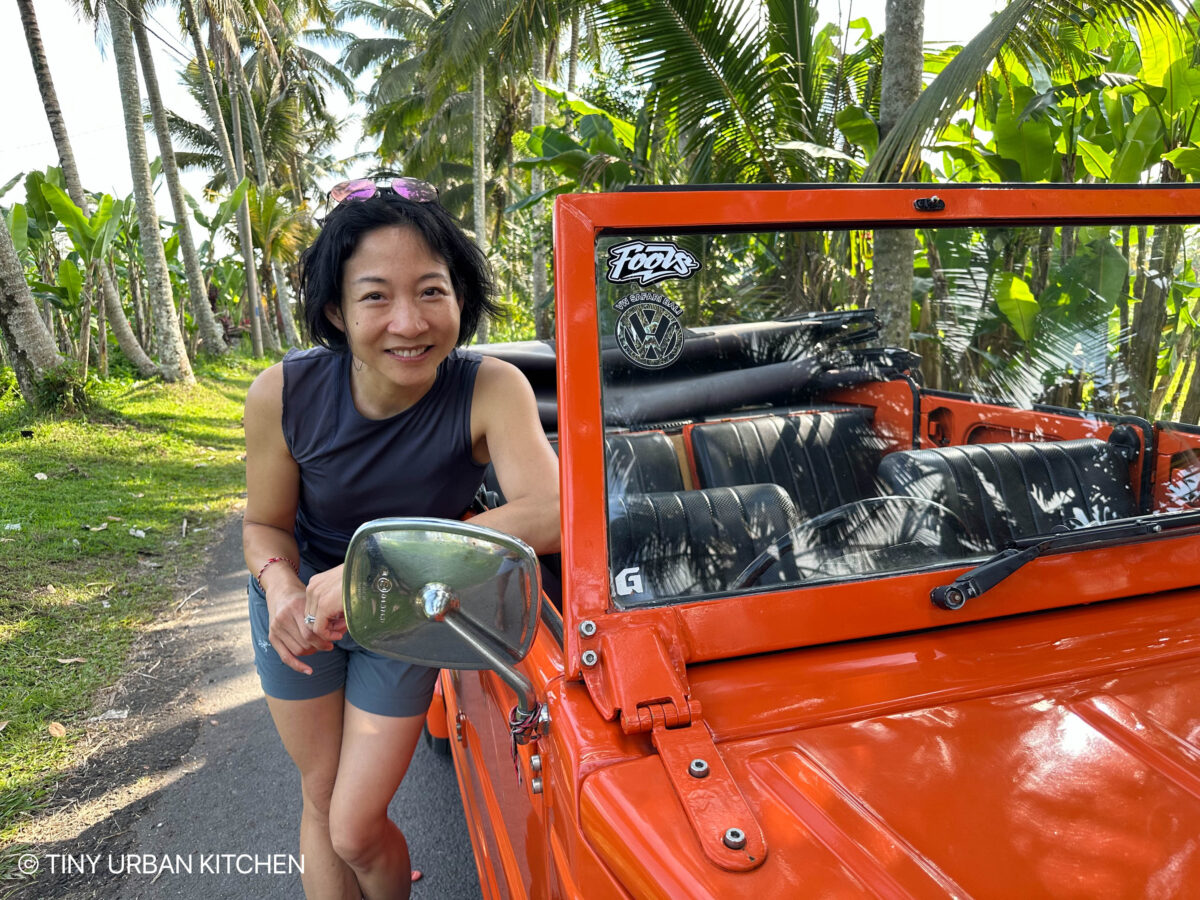
The Mandapa Ritz Carlton Reserve offers various types of excursions guests can reserve. One popular private tour that takes you to all of Ubud's most popular "must-see" sights (perfect for a first timer to Bali like myself!) is the Classic-Volkswagon Vintage Tour.
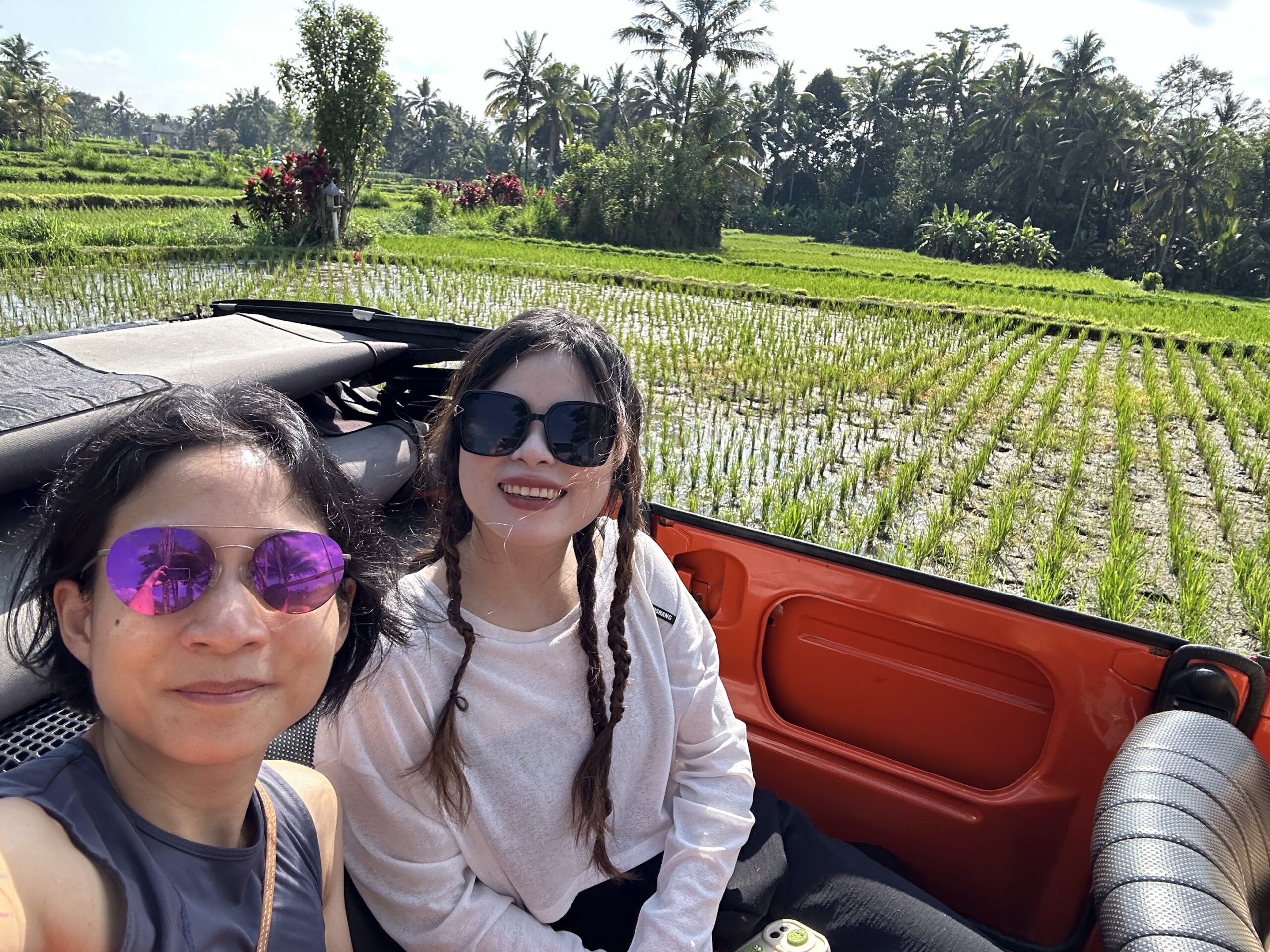
It was AWESOME to ride in this VW open-top convertible while driving through beautiful rice fields of Ceking Village.
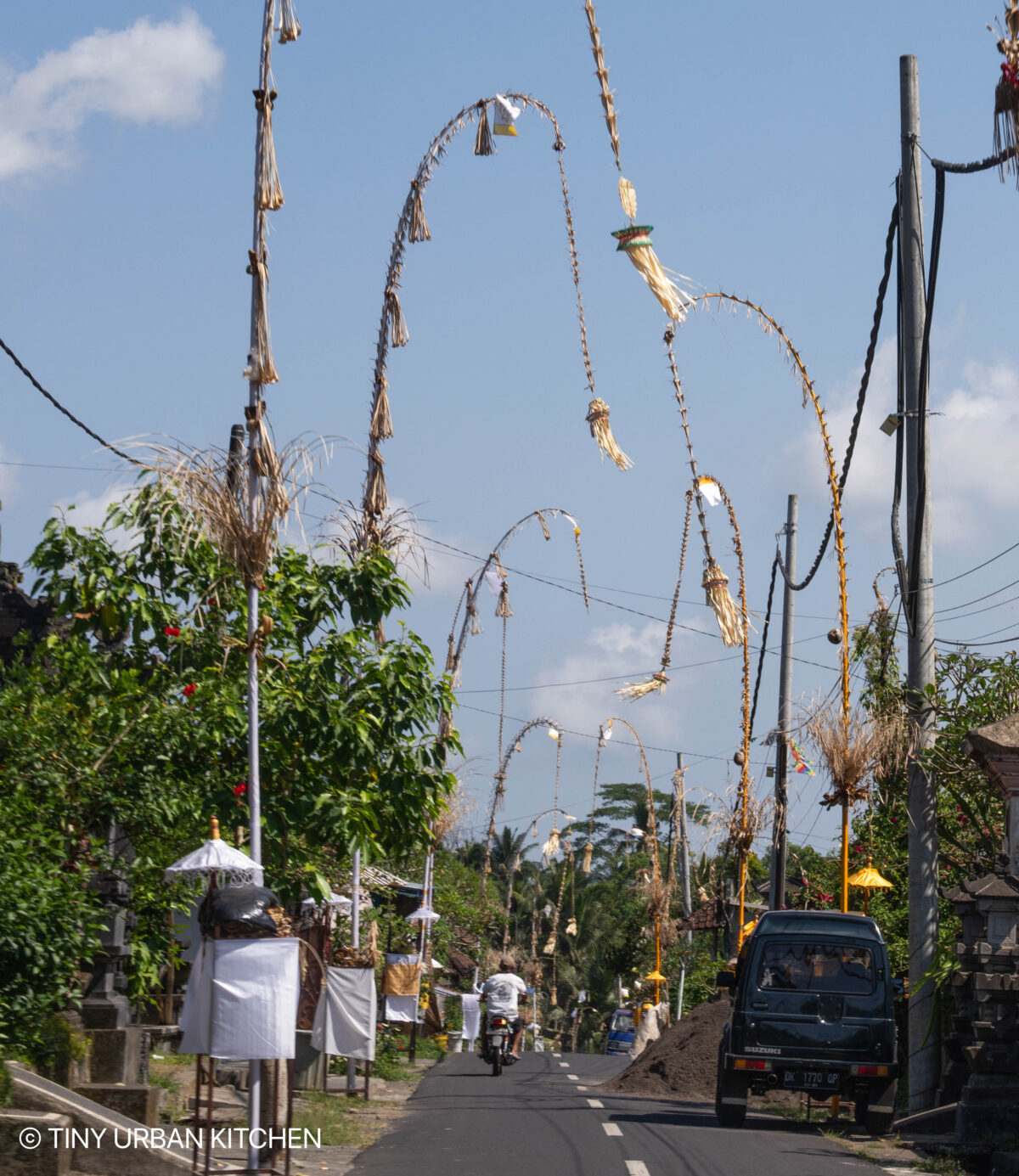
The roads in Bali certainly have their own cultural flavor. It was a special holiday when we were there, and thus the roads were decorated a bit more than usual.
Tegalalang Rice Field
Our first stop was the stunning Tegalalang Rice Field. This UNESCO World Heritage site consists of beautifully arranged terraced rice fields that are irrigated using traditional Balinese irrigation method passed down from the 8th century.
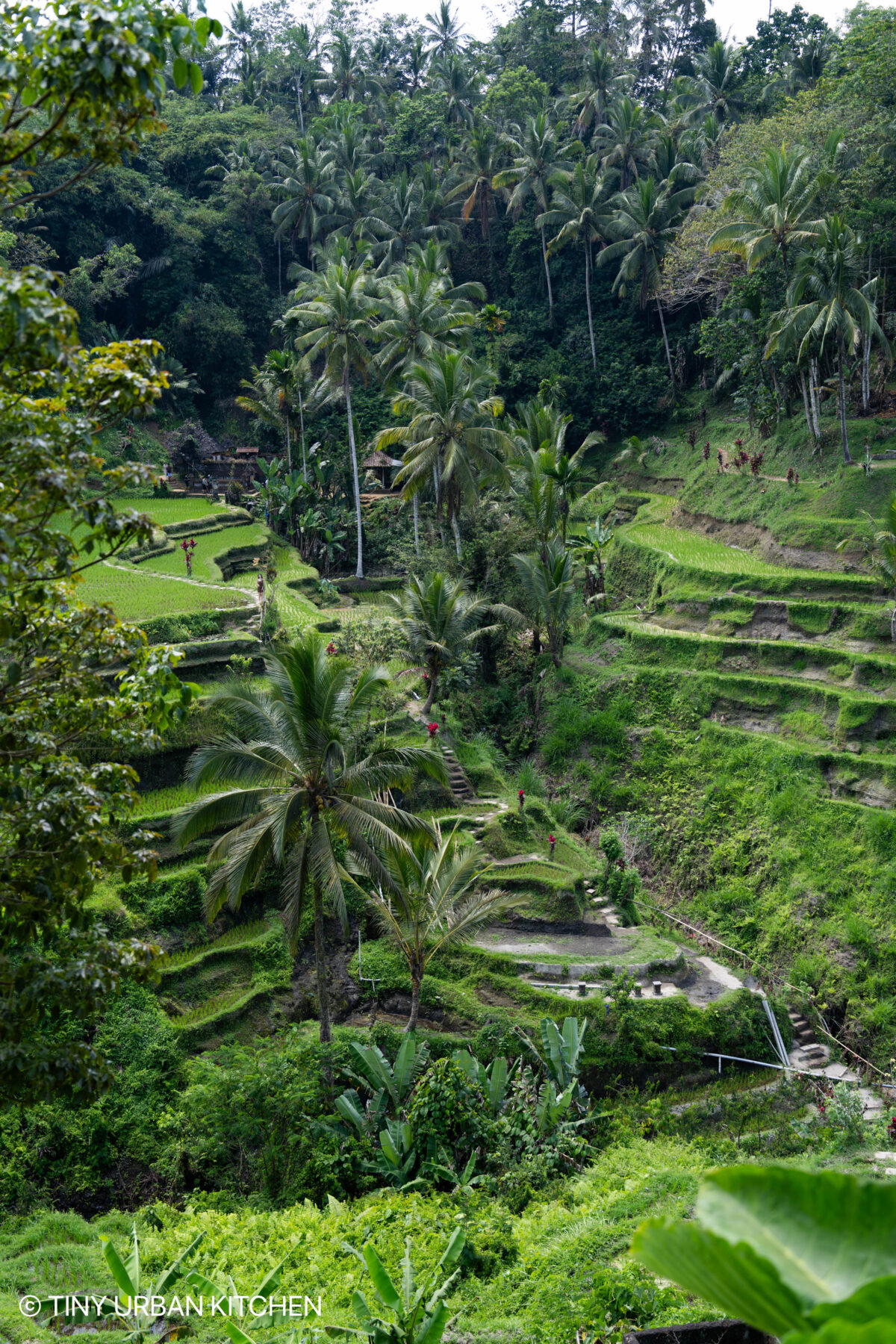
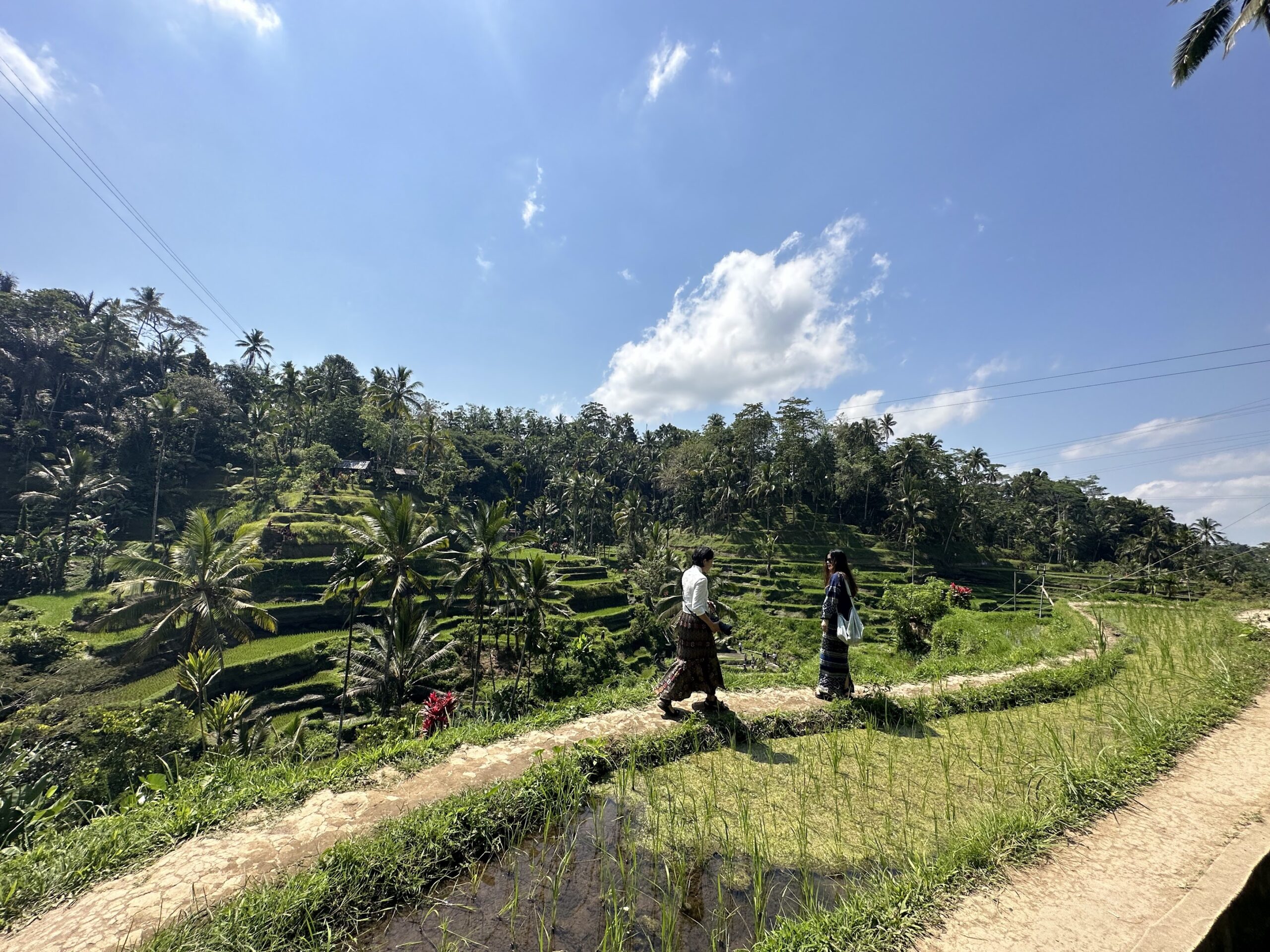
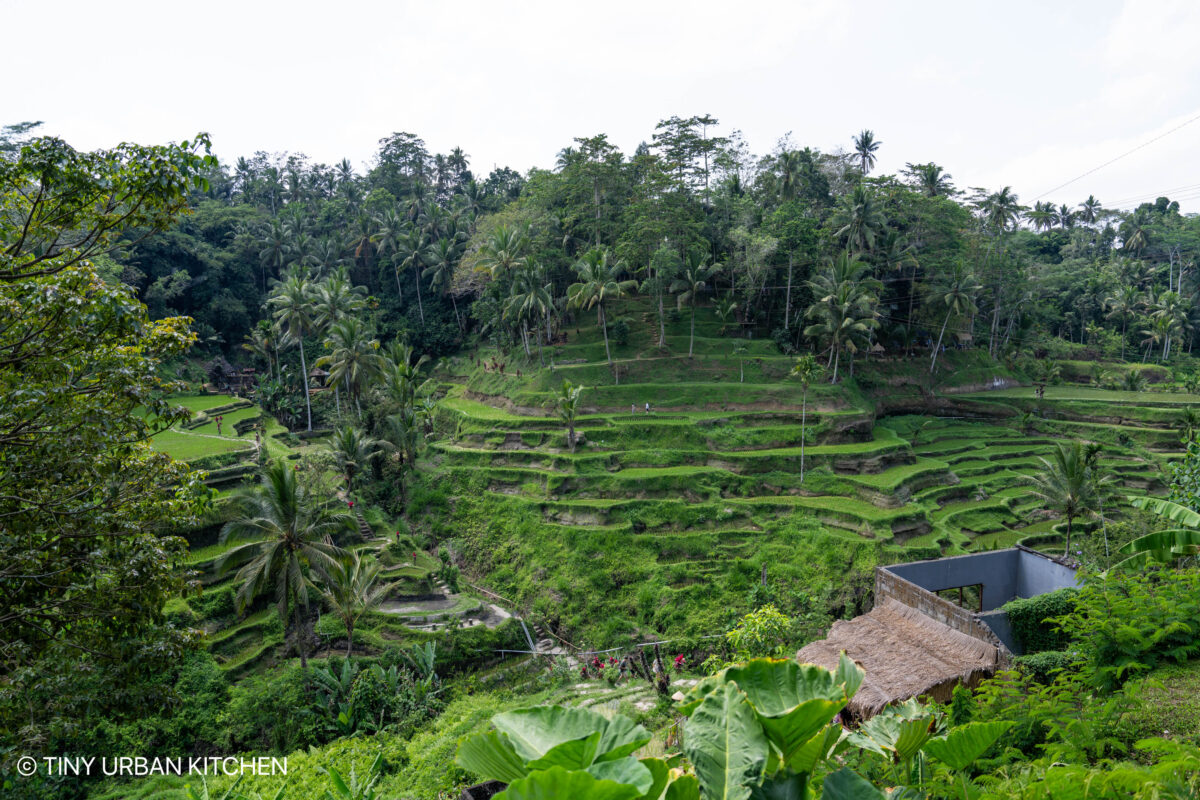
Interesting fun fact: our tour guide told us that Indonesian rice is only grown for the local market and is not exported. They said "we keep the best rice for ourselves."
Gunung Kawi Temple
The next stop of our tour was to visit Gunung Kawi Temple. One of the oldest temples in Indonesia, Gunung Kawi Temple was built in the 11th century and is composed of 10 shrines cut into the side of a massive cliff that stands 7 meters (23 feet) tall.
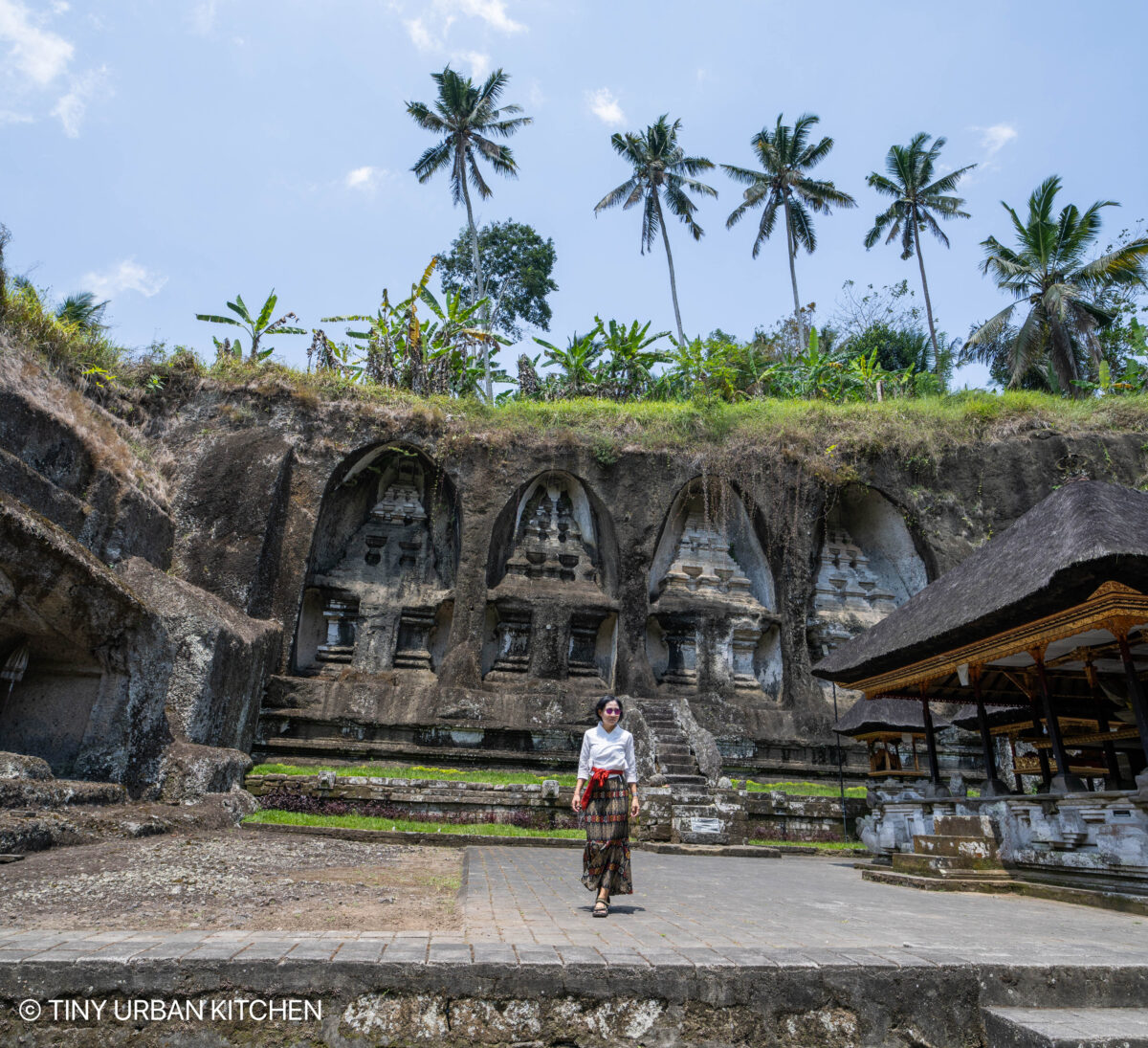
These shrines are believed to be memorials dedicated to the Balinese royal family of the Udayana dynasty. It's fascinating to walk through structures from a kingdom so long ago.
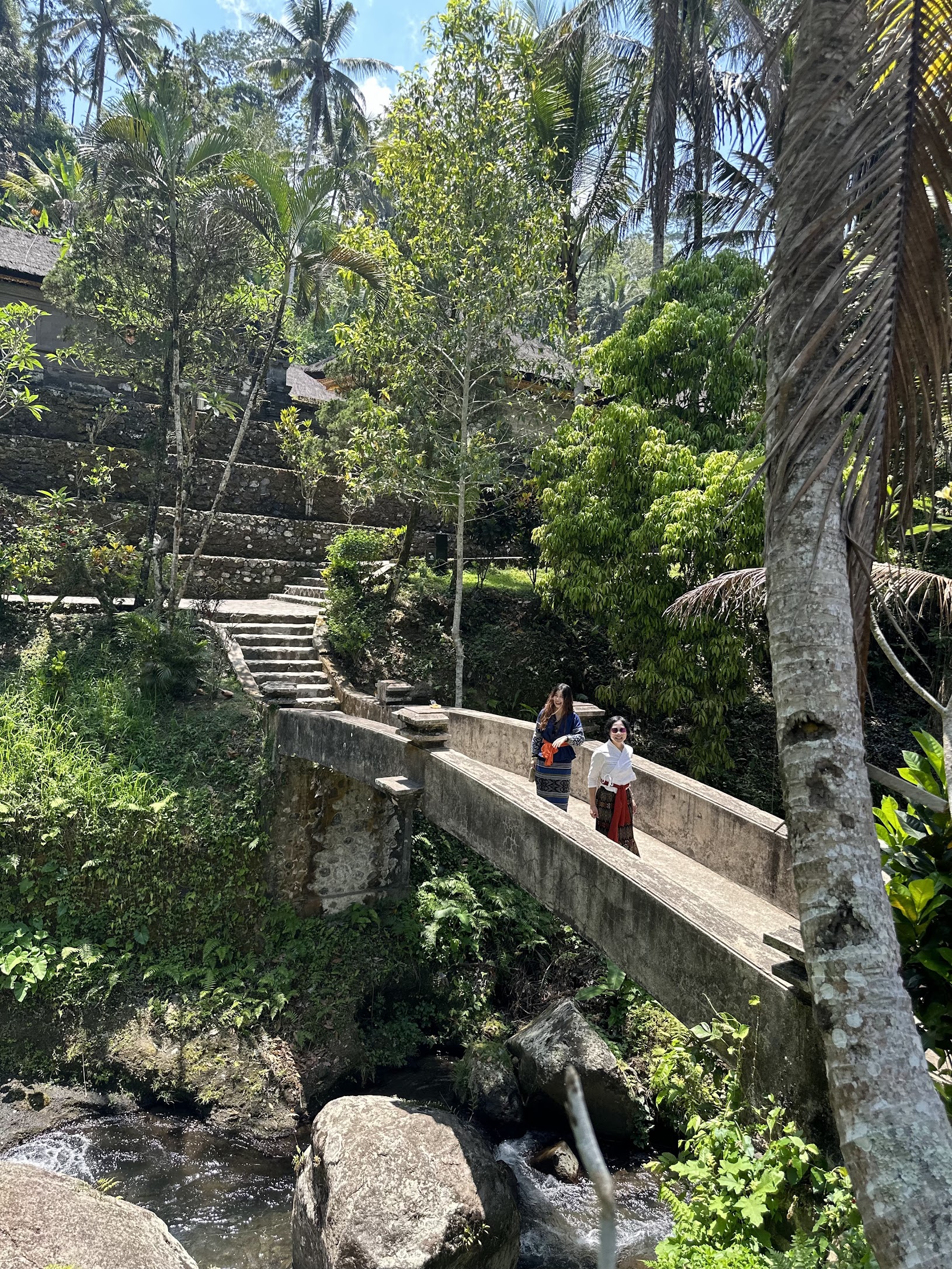
Surrounded by tropical vegetation, the walk through this (surprisingly big) area is quite pleasant (provided you can stand the heat!).
Tirta Empul Temple
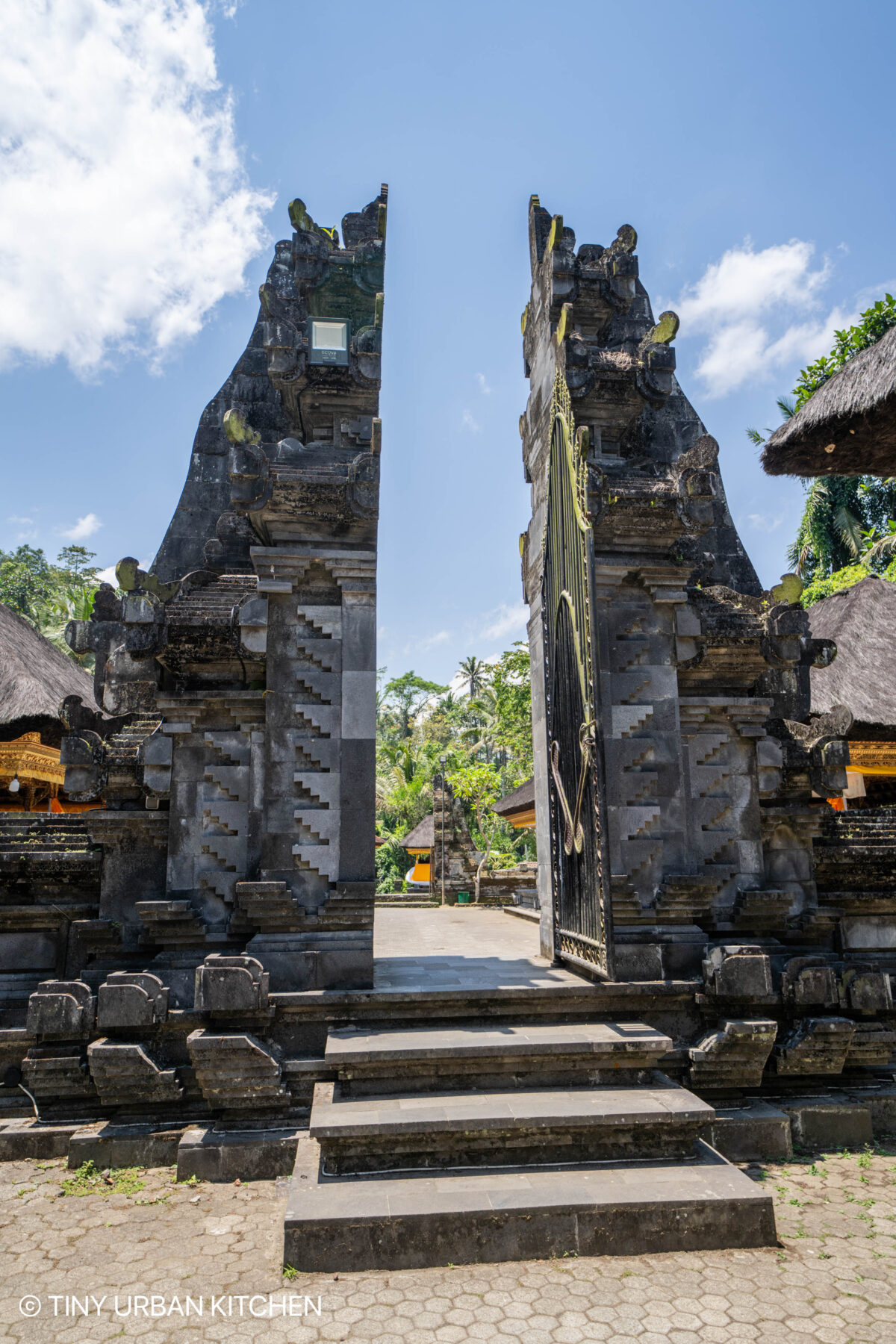
Our third stop was Tirta Empul Temple, one of the most famous sites in Ubud. Tirta Empul Temple is a Hindu temple in Ubud known for its holy water. People line up and visit a series of fountains, practicing a ritual called Melukat that involves purifying the mind, body and soul. You can observe (or even participate in) this traditional Balinese Hindu purification ritual.
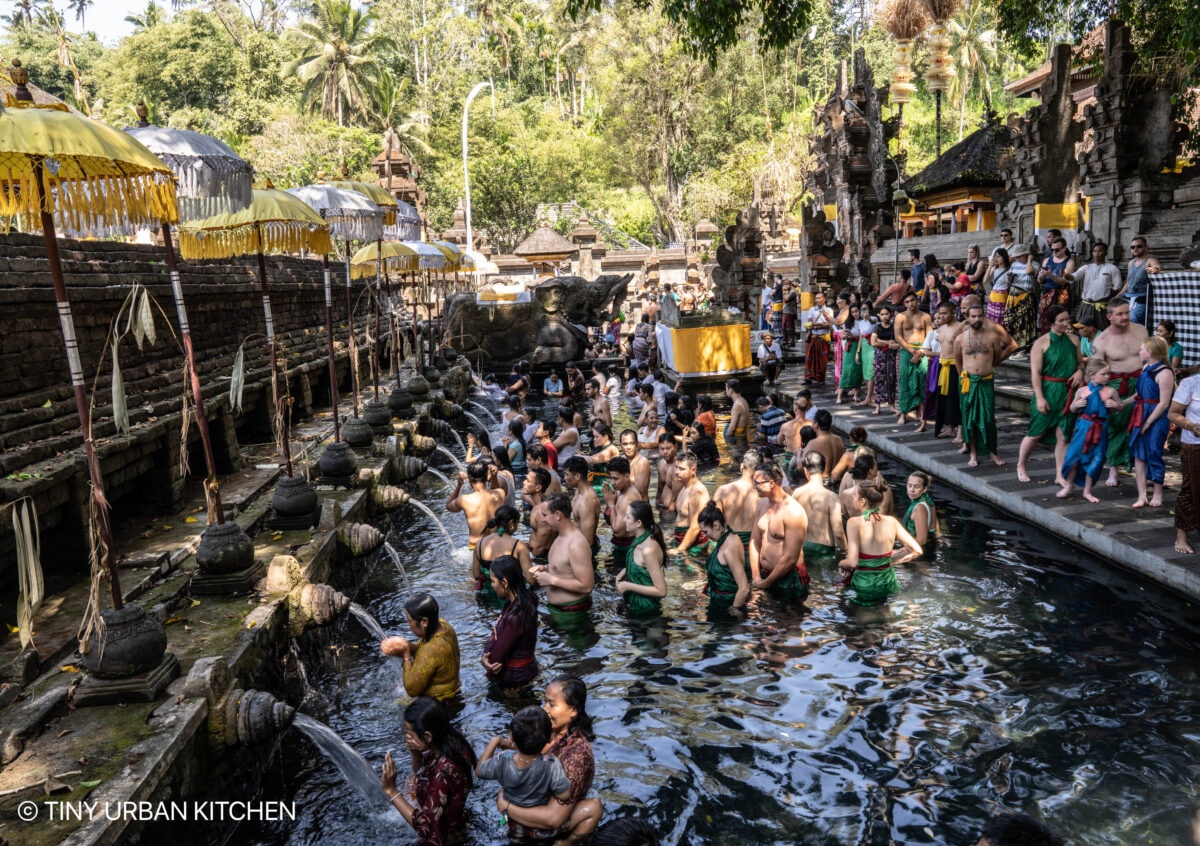
We saw both locals and tourists lining up to experience this series of cleansings. There were also a lot of people who, like us, just observed.
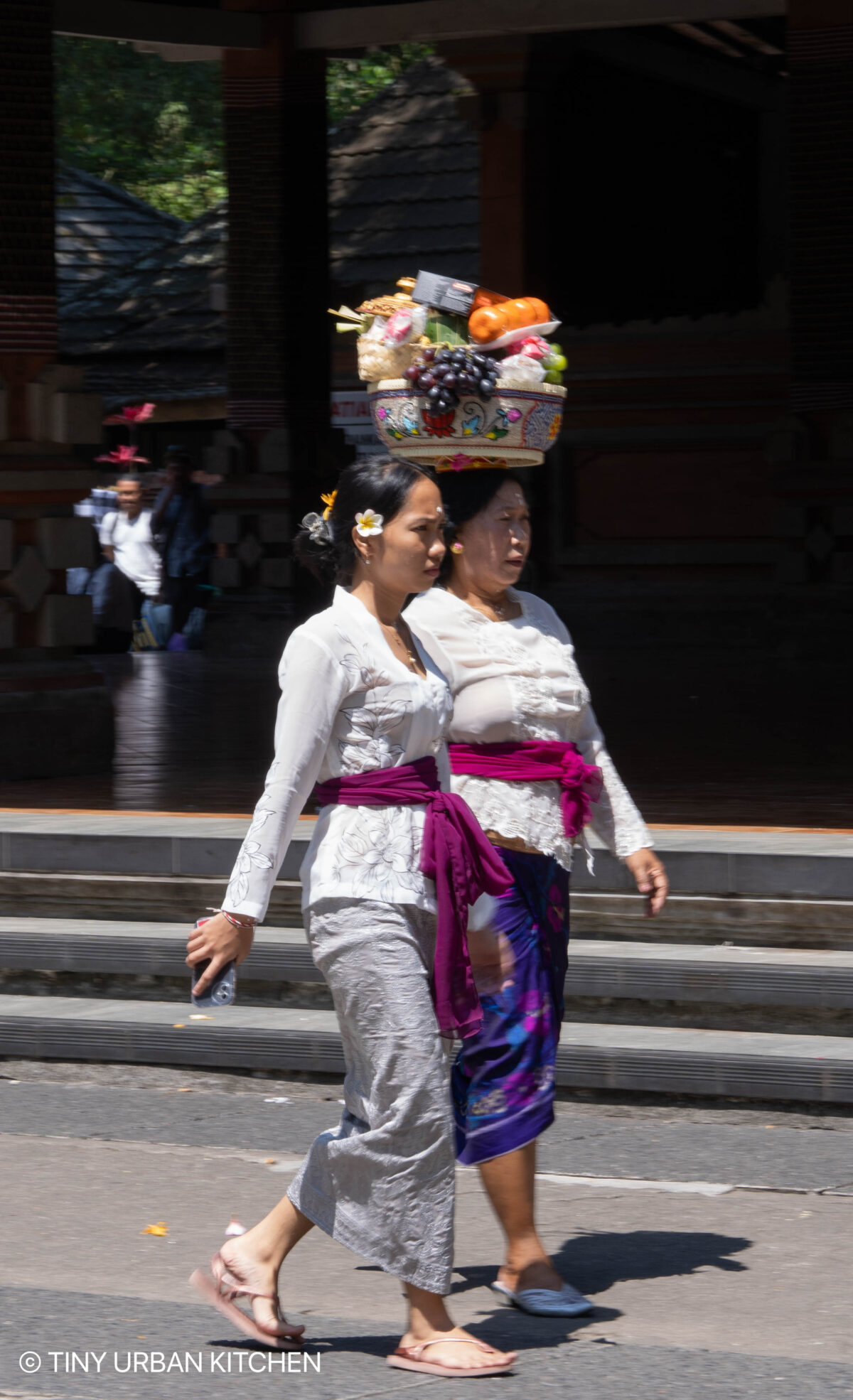
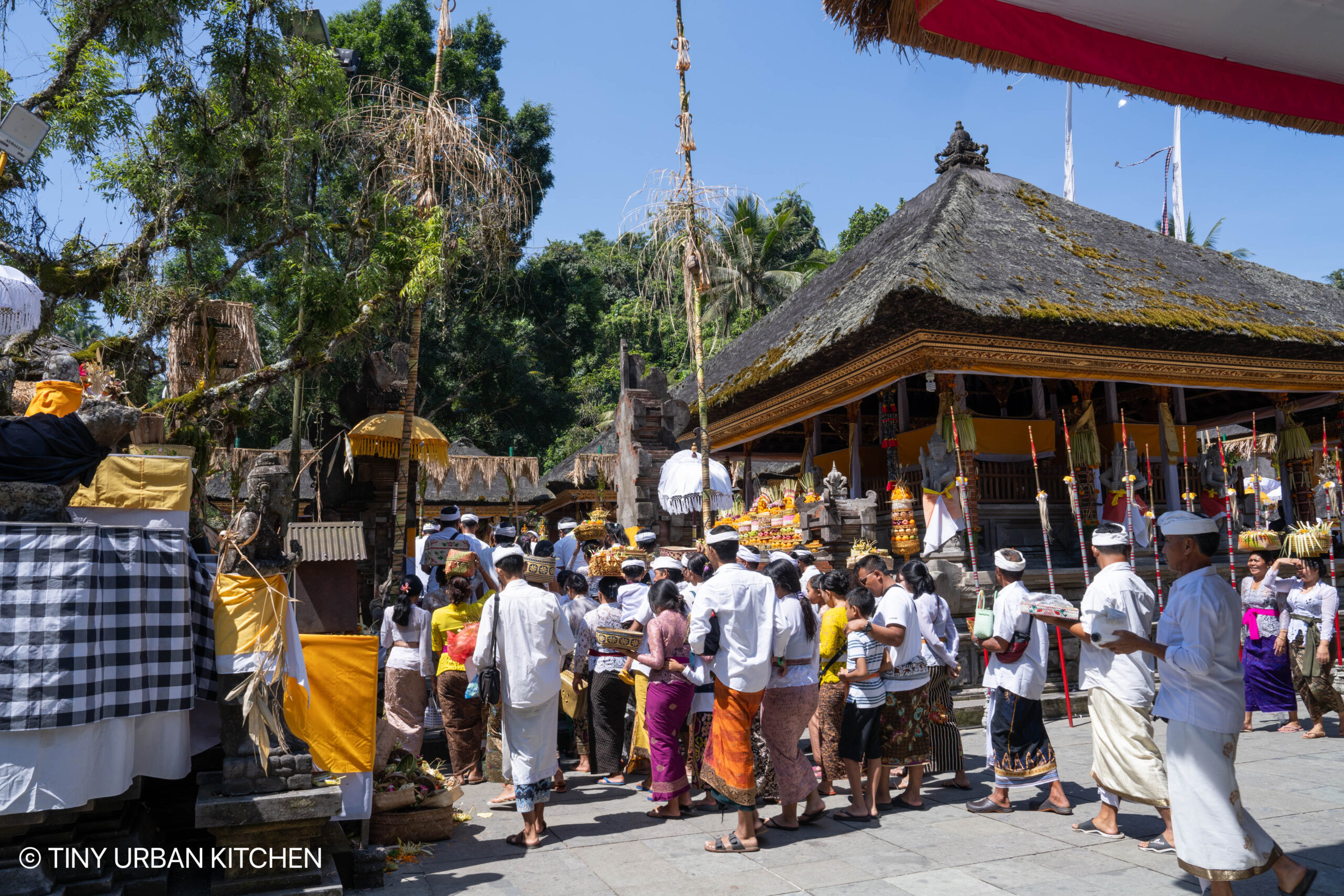
Luwak (Civet) coffee
Our last stop was a coffee plantation that had Luwak (Civet) coffee. Luwak coffee, also known as civet coffee, is a highly prized coffee produced in Indonesia, particularly on the islands of Bali, Sumatra, and Java.
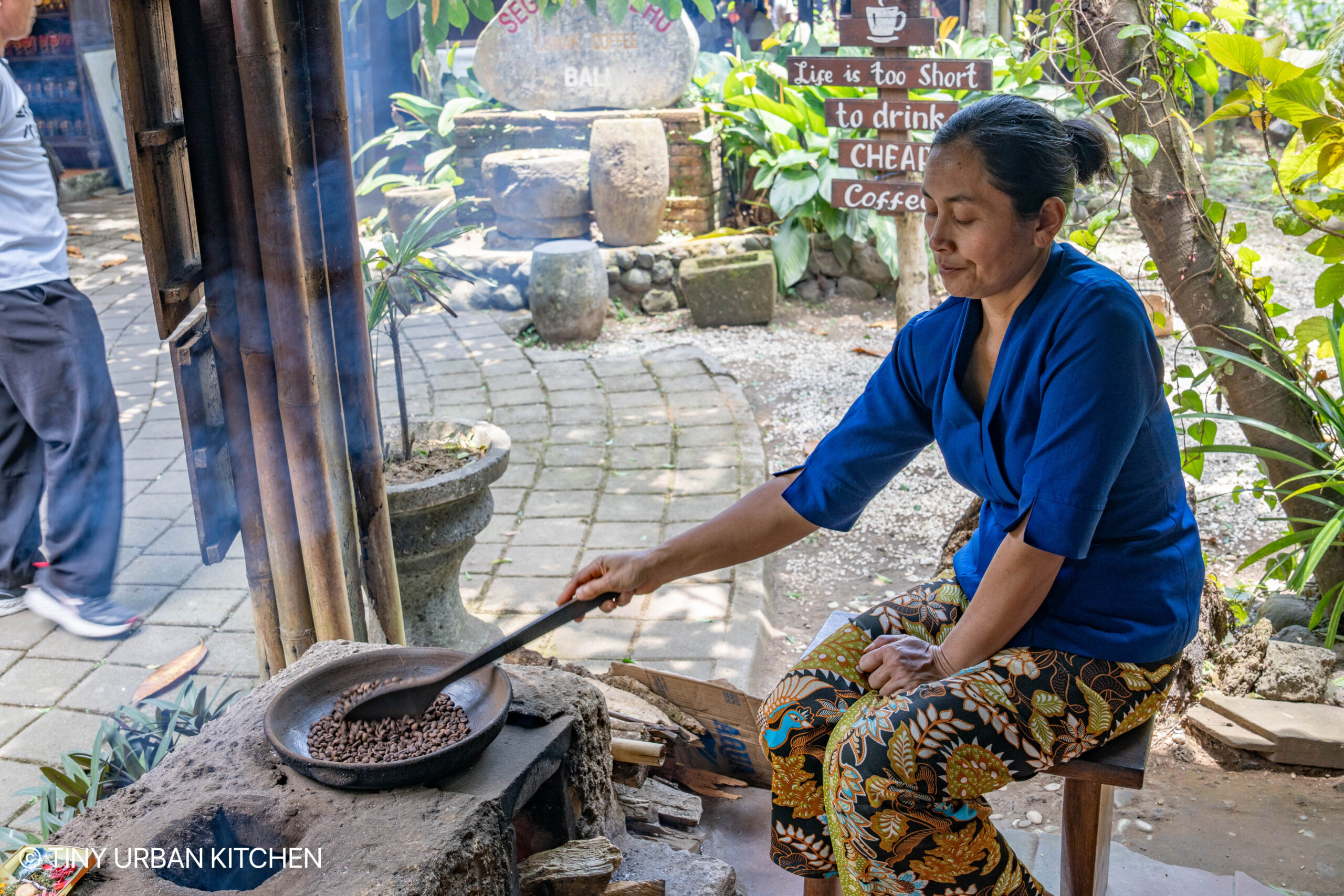
It's famous because of the unusual process by which it is made. In short, the beans are picked out of civet droppings.
Whaattt?
That's right. Asian palm civets (a nocturnal mammal local to Indonesia) are the coffee "foodies" of the forest, and supposedly only eat the best coffee beans. However, their digestive systems do not destroy the beans. Instead, the beans undergo fermentation in the civet’s digestive system, and then are excreted out, as whole beans. This fermentation process enhances the coffee's flavor by reducing its bitterness and adding a smooth, rich taste.
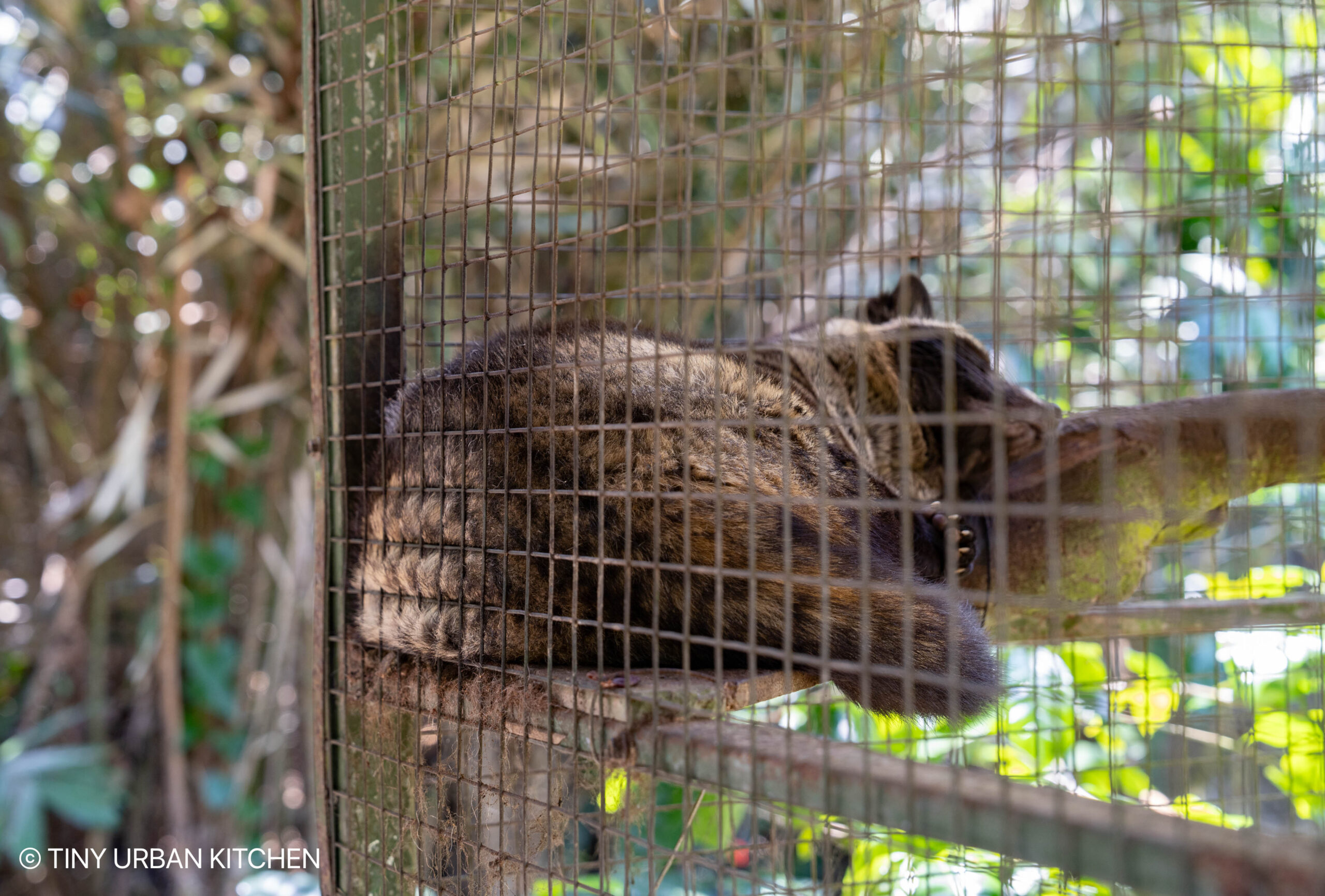
After the beans are collected from the civet's droppings, they are thoroughly cleaned, roasted, and ground to produce the final coffee.
Our guide explained that each coffee plant has "male beans" and "female beans" (based on shape) and they have different flavors. 80% of the beans are female (which have a more sour, lighter taste), while 20% are male beans, (which have a stronger, smoother flavor). The male beans are more expensive.
Coffee Tasting
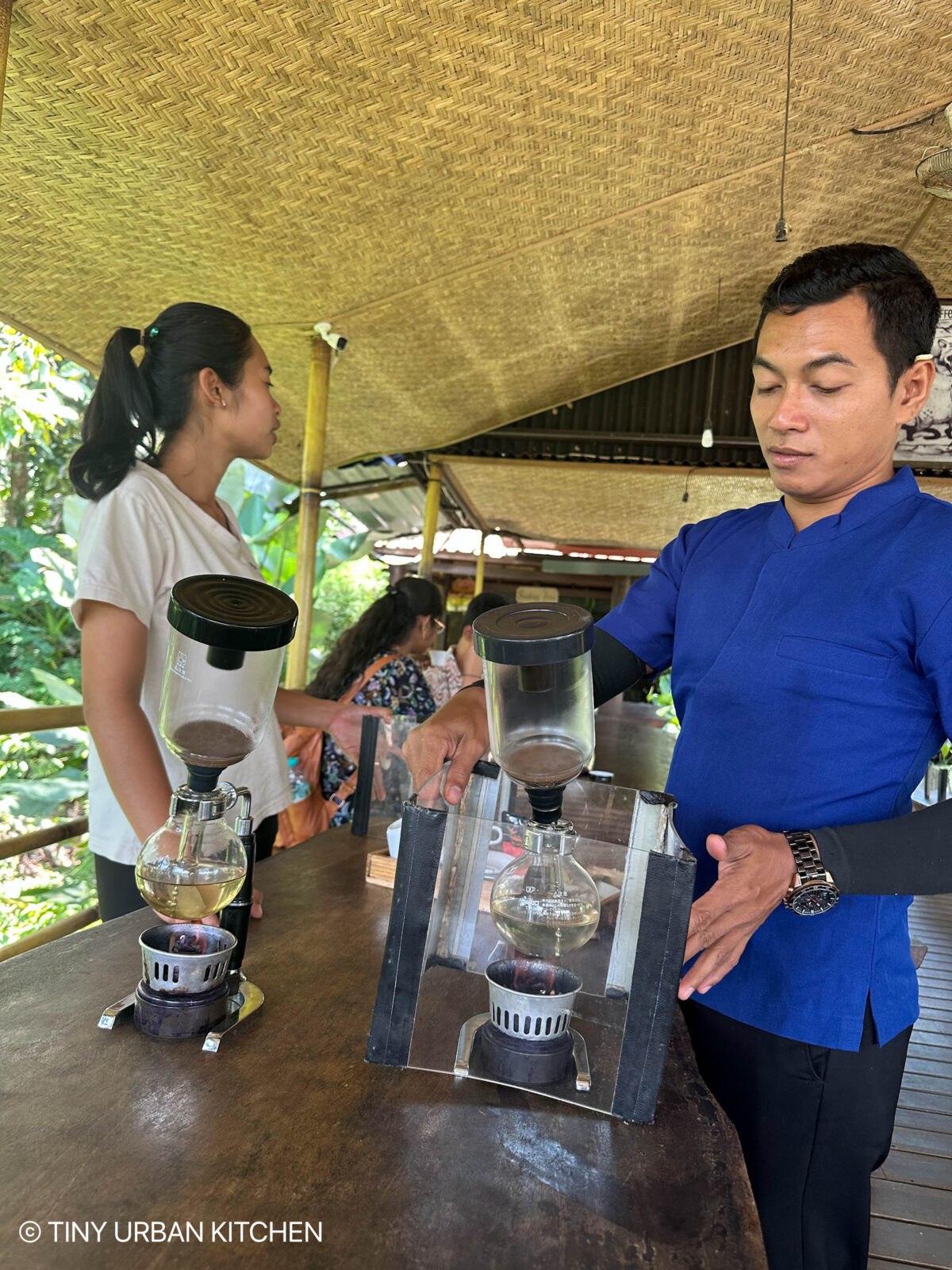
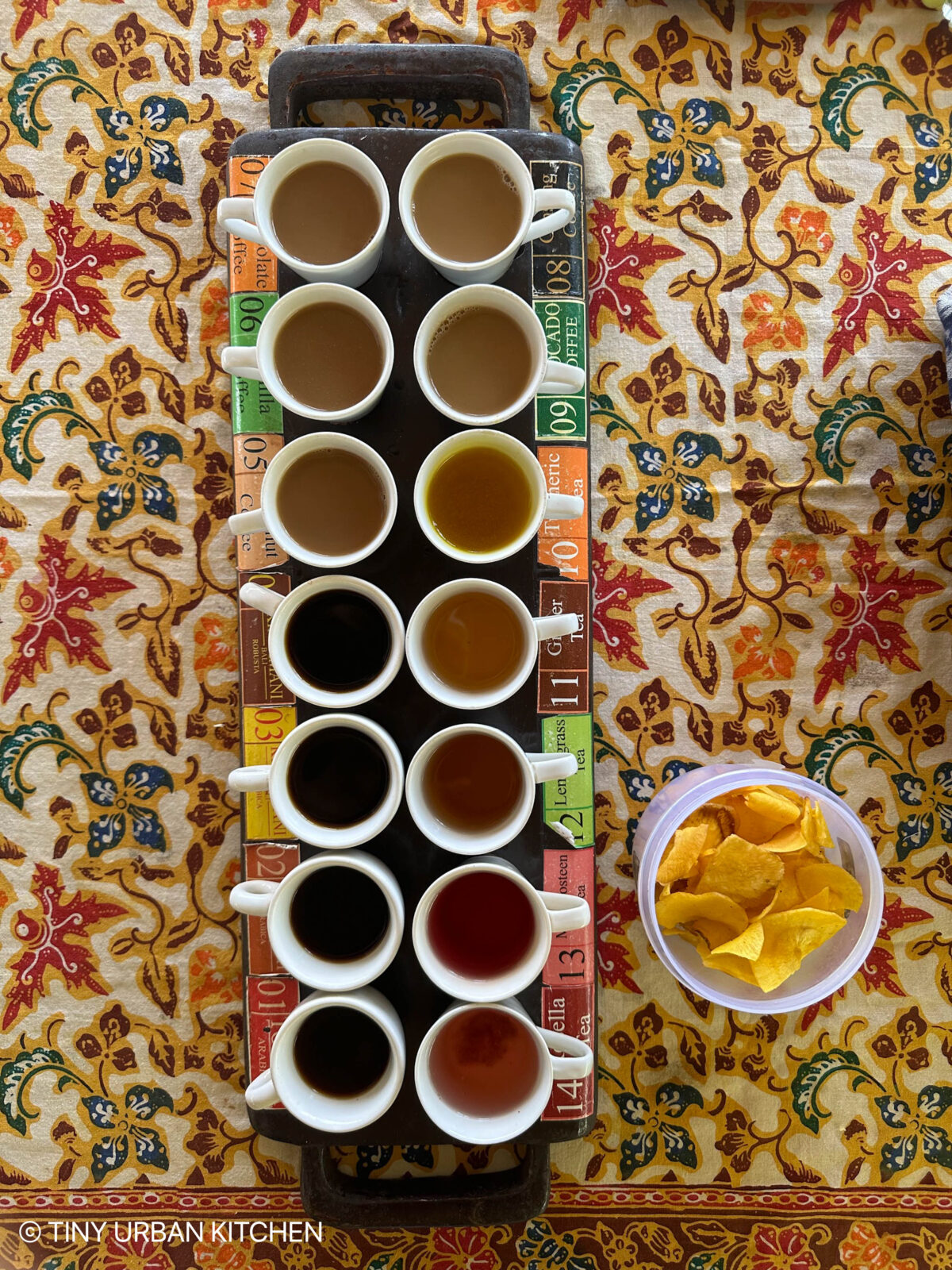
After learning about the coffee and taking a short walk through the plantation, we got to sit down and enjoy a tasting of 14 (!) different types of coffees and teas.
I found the "male bean" coffee to be stronger, more robust, but not at all bitter. It was very smooth. The "female bean" coffee had more sour notes. There was a little shop so I bought a small bag of beans (it was still US$20, which is a lot in these parts!).
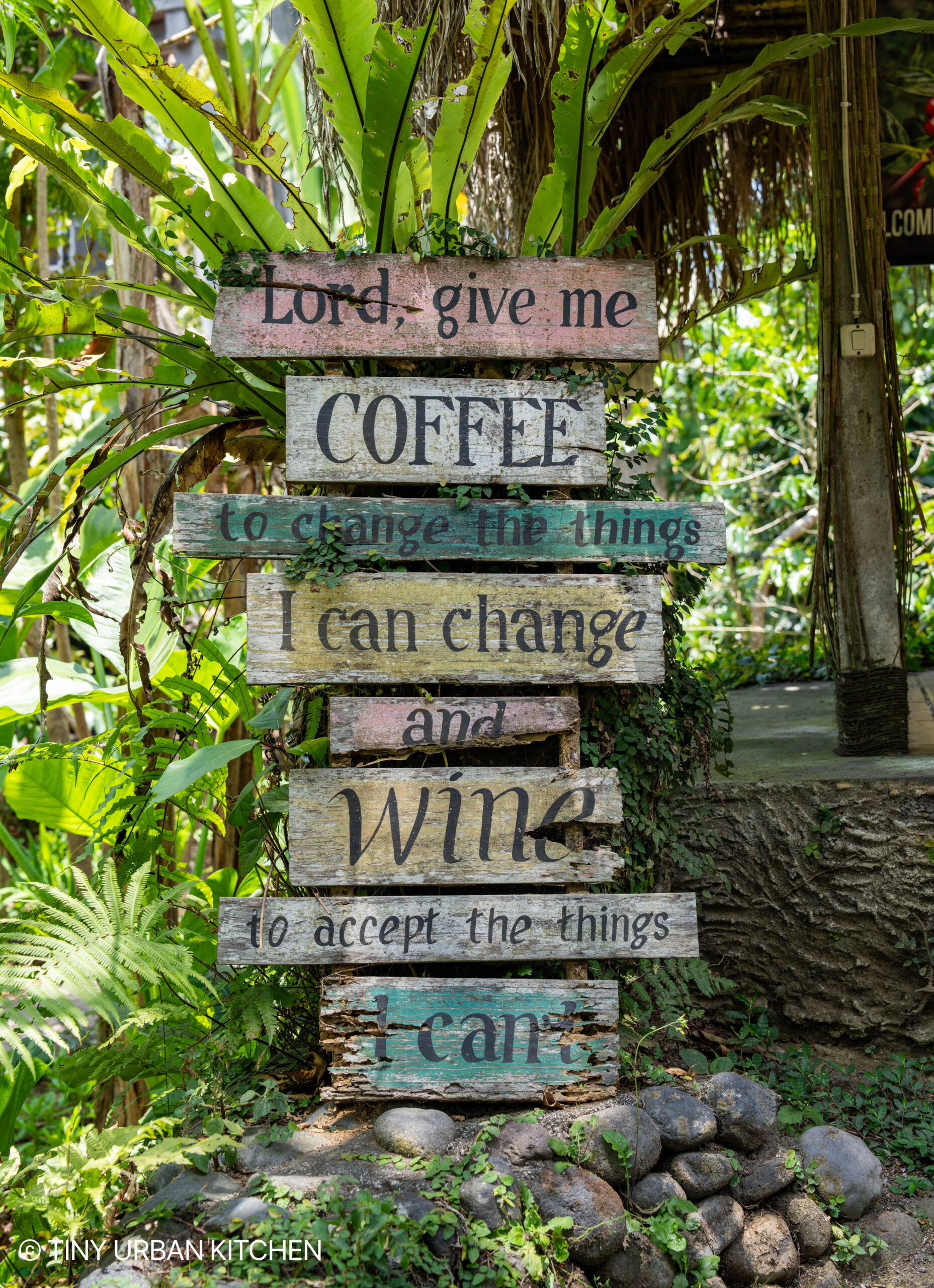
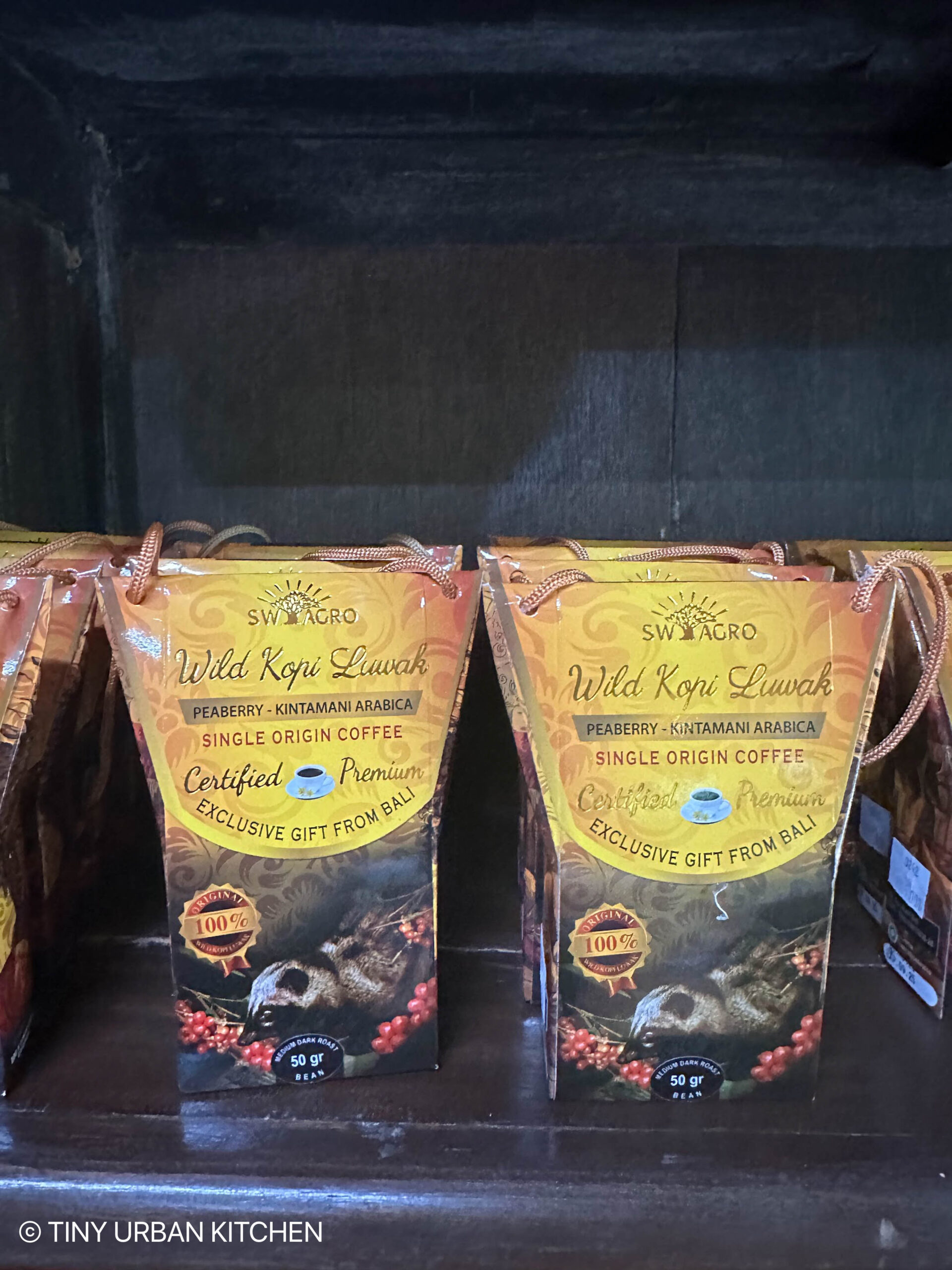
And that was our tour! We got back into our VW open top vehicle and headed back to enjoy the Mandapa Reserve for the rest of the afternoon and evening.
